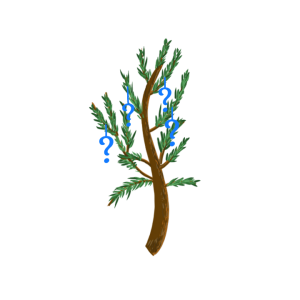When my kids were younger, I delved into what was, for me, unknown territory – the world of mythology. My husband has a clear memory and understanding of a good bit of mythology from specific grades in school. I don’t. Not at all. I truly don’t believe I was ever introduced to mythology at school or perhaps it was a quick one week overview and I was home with strep throat or something. Maybe they popped up somewhere else in life, but short of recognizing a few names, I knew little.
In any case, two of my kids became fascinated by mythology at quite a young age. They played the computer game Age of Mythology (which I would highly recommend) at a friend’s house and were suddenly gripped with interest as they built their own civilizations and armies in Ancient Egyptian, Norse and Greek culture.
They began to play at home as well and over time we got these:
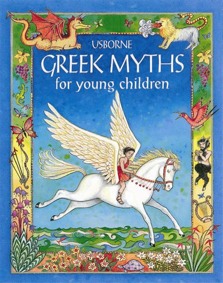
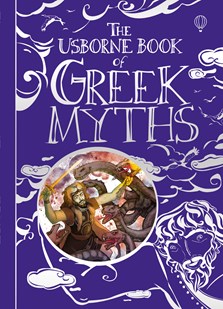
and these …
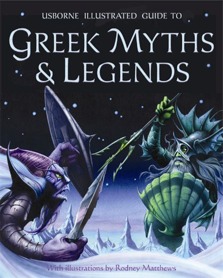
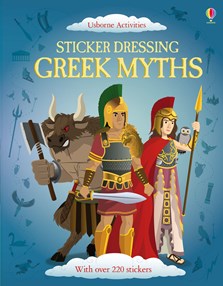
and these …
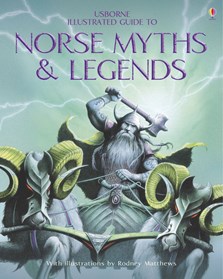
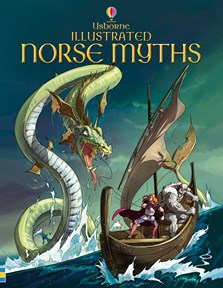
We read them, with the little blue Greek Myths for Young Children book being read many times! I have to say that I did learn quite a bit and now have a moderate interest in mythology, but I didn’t retain nearly as much as they did. I’m one of those people that needs to stop partway through stories to remind myself who is who and to which event they are related. I can understand things during the story but what stays with me afterward is the essence rather than all the details.
My kids, however, remembered the stories in detail. That was the beginning of a relieving feeling for me that if I was reading a story or topic to my kids that they were interested in but I didn’t understand perfectly, that was alright! I could help find all kinds of books and movies that they were interested in and that was often enough. It wasn’t my thing; it was theirs. If they had interest, they’d soar ahead of me in knowledge anyway.
What struck me about looking more deeply into mythology were the many aspects of it – the points of reference for history, geography, spirituality, culture, art, storytelling, language, imagination and more.
We have been consultants with Usborne for many years and have tended to look there first to see what they have available, so our main “go to” place for mythology books was Usborne Books at Home. There are a few of the many possibilities highlighted below but, before that, here are some online resources that you might want to check out. These include a National Geographic Kids site, a Myths and Legends site which gives you a chance to read myths from places other than Greece and Scandinavia as well as try your hand at writing a myth, and What is a Myth? Youtube Crash Course to explore mythology in great analytical depth. Remember to have a look at the Youtube course first yourself if you’re wondering about complexity or content at all – mythology didn’t originally come about in the form of children’s picture books!
Usborne has quite an expanse of mythology resources (as well as folk tales, legends and fables) in the form of graphic novels, storybooks, picture books, readers, sticker books, paper models, colouring and more … click here for more titles.
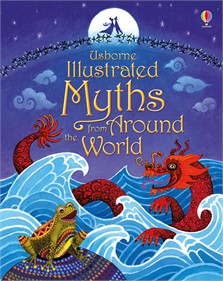
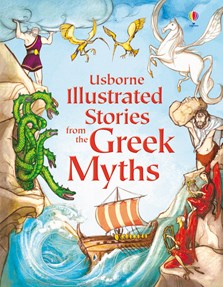
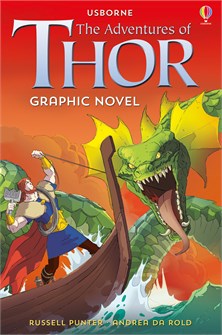
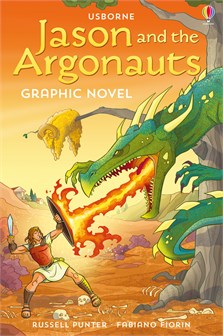
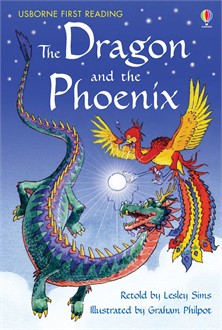
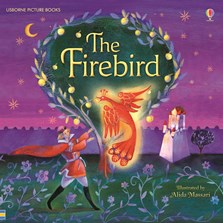
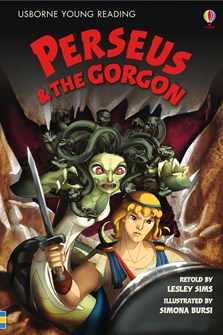
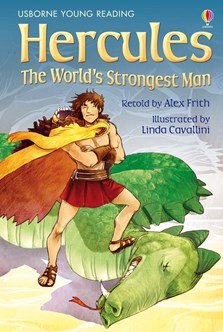
Resources or ideas to pass on? Do you have any mythology enthusiasts at your house? Maybe you are one yourself!
Enjoy this post? Please share.
